
Peoples and Languages
Social Media
Leave comments, suggestions, keep an eye on news in our groups on VK, Odnoklassniki and Telegram channel
Peoples and Languages
Social Media
Leave comments, suggestions, keep an eye on news in our groups on VK, Odnoklassniki and Telegram channel
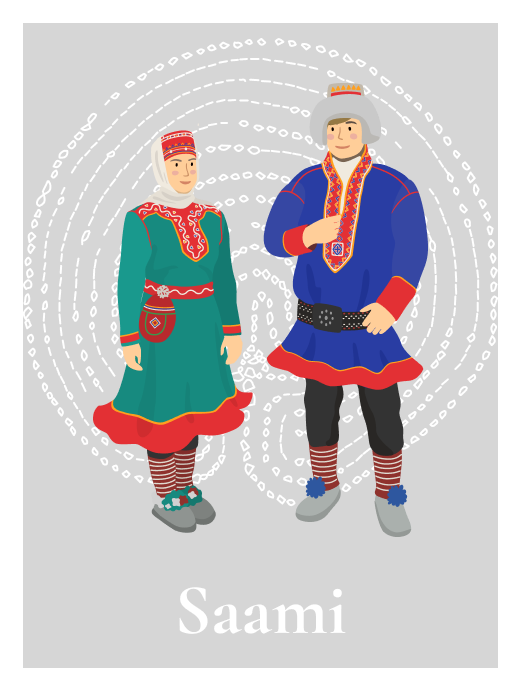
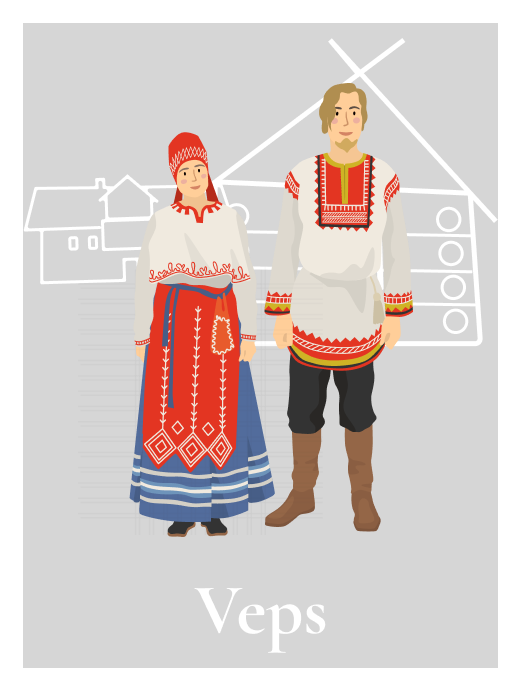
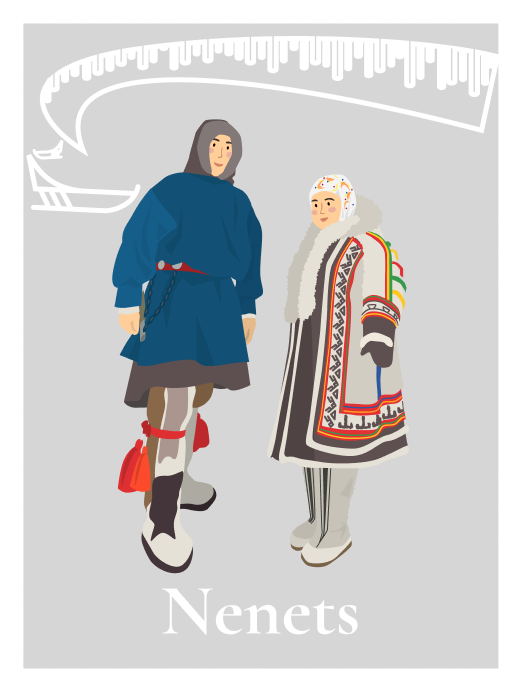
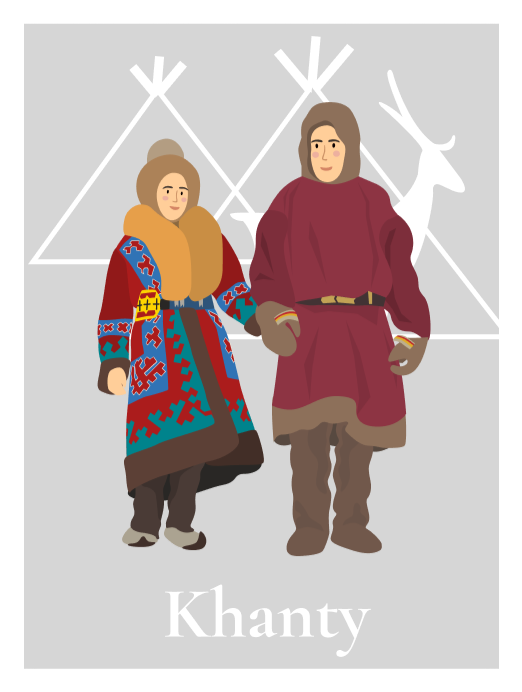
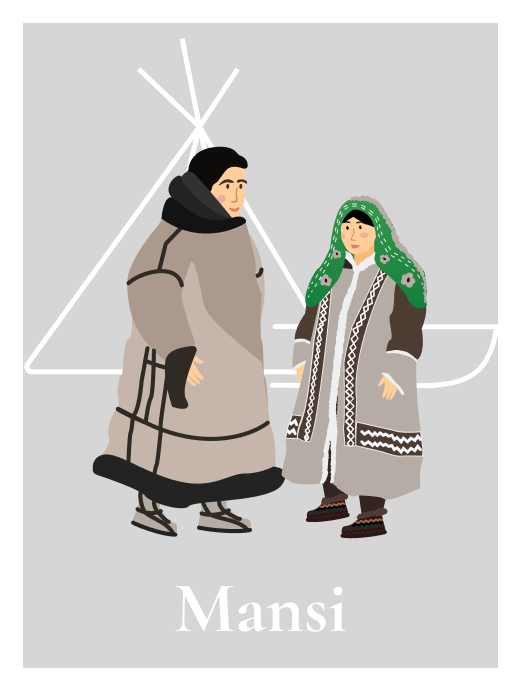
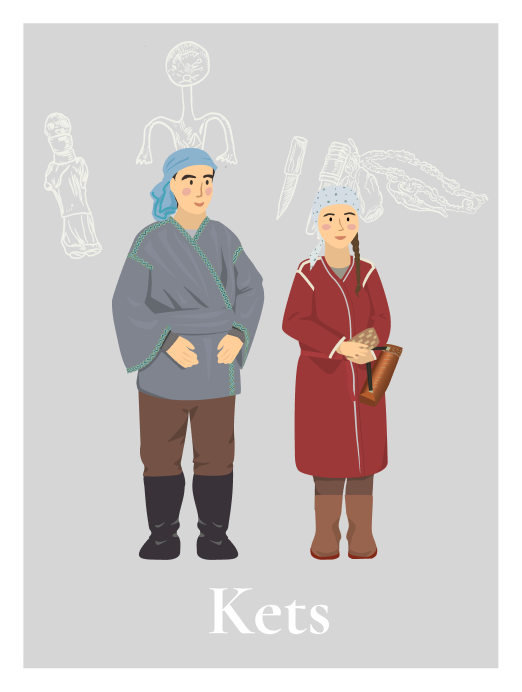
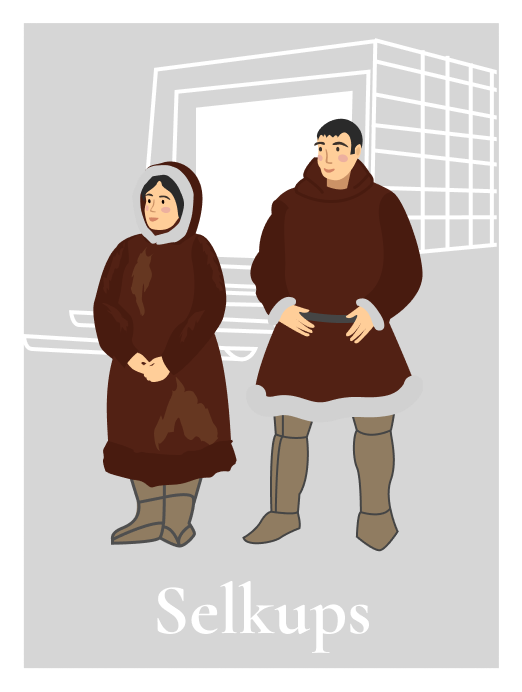
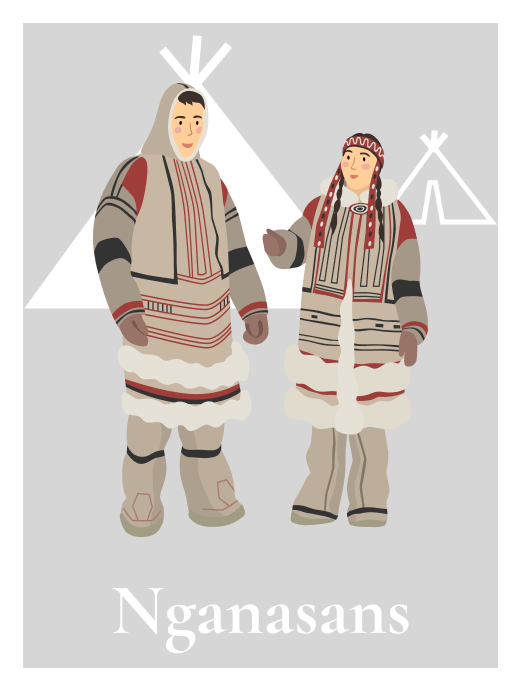
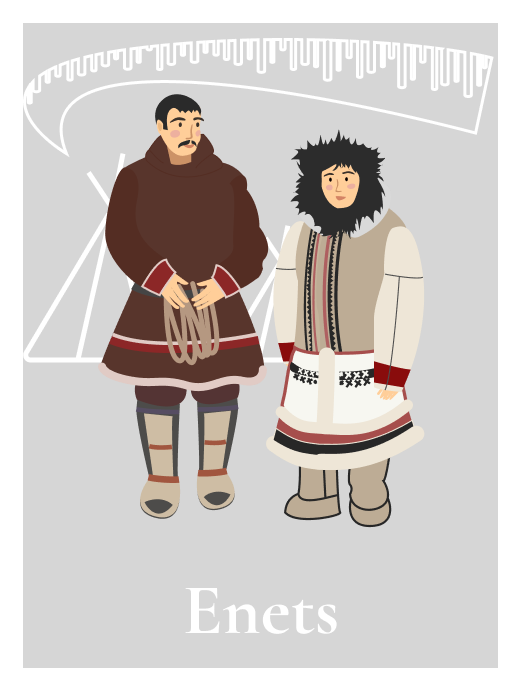
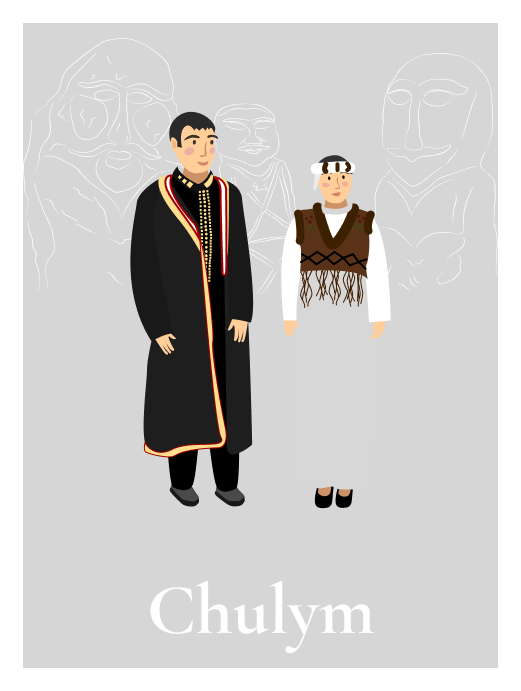
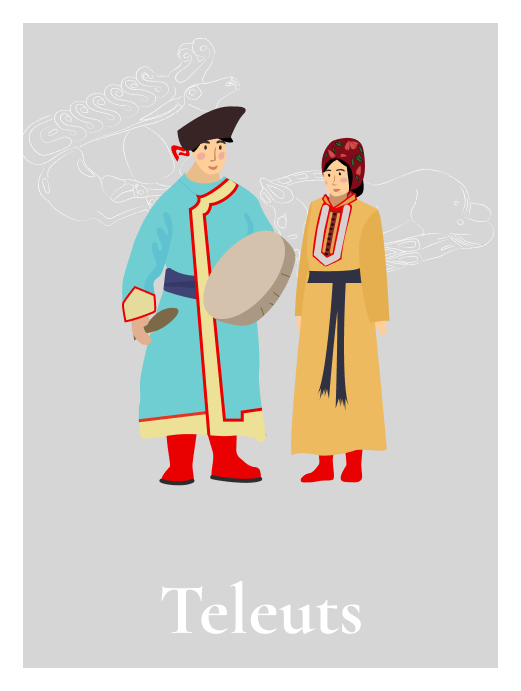
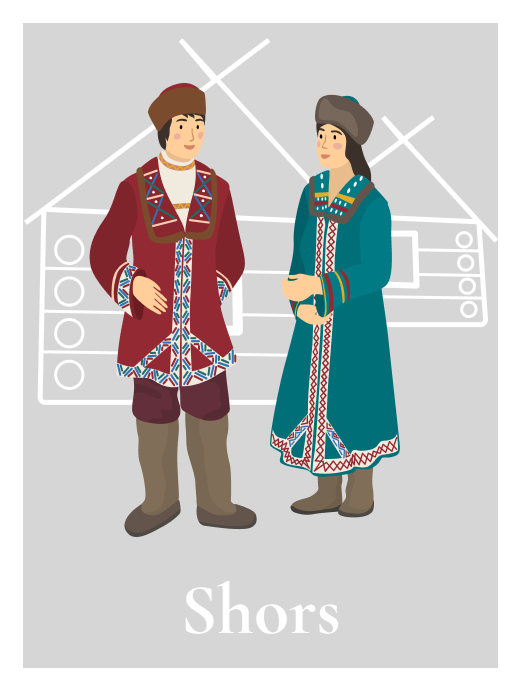
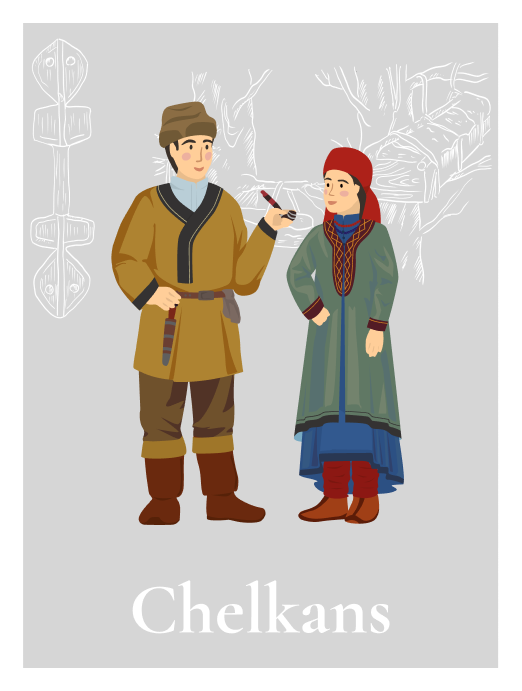
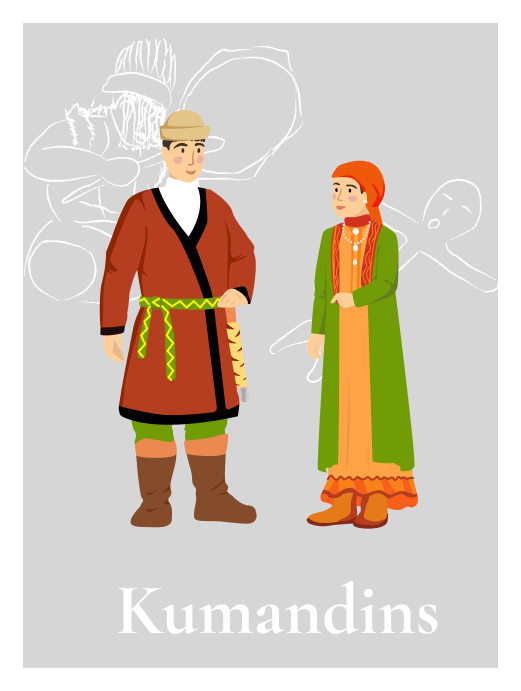
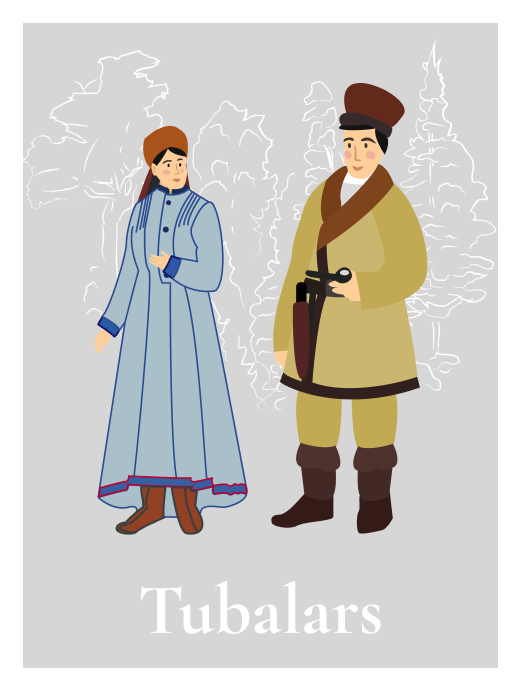
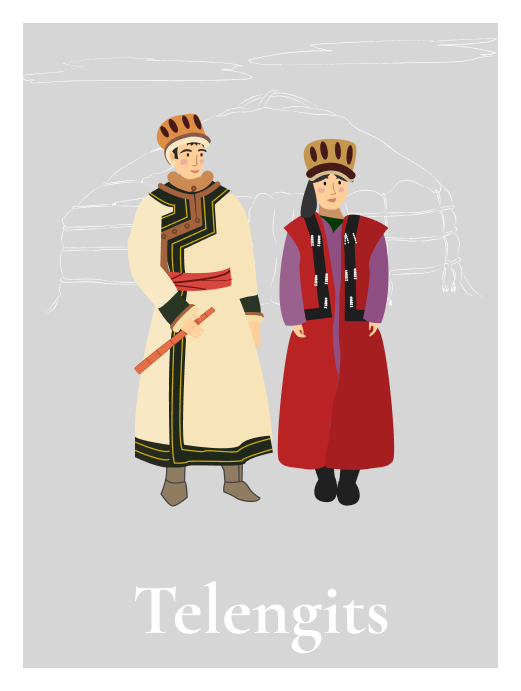
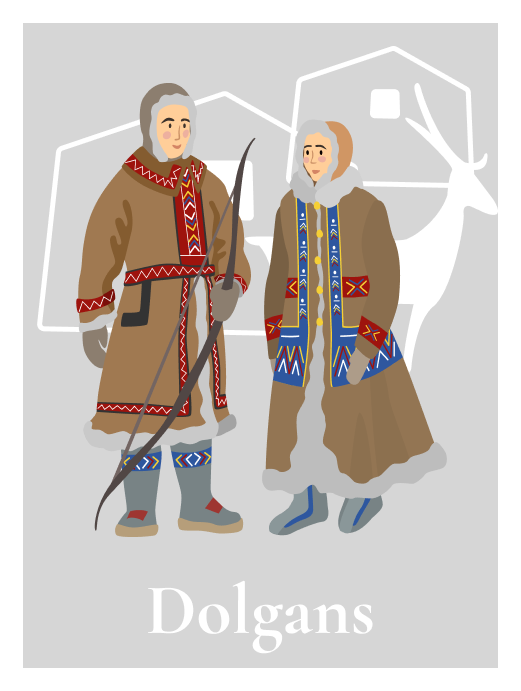
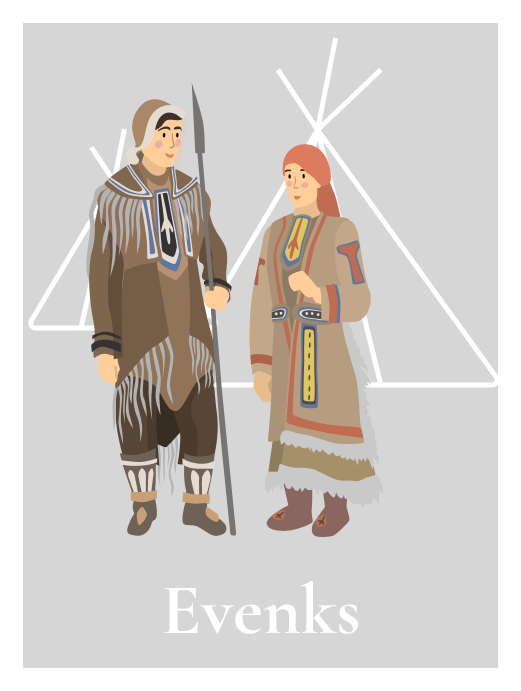
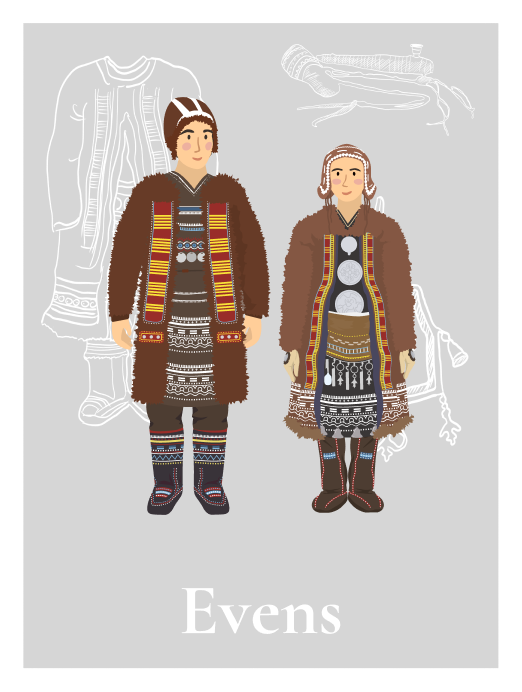
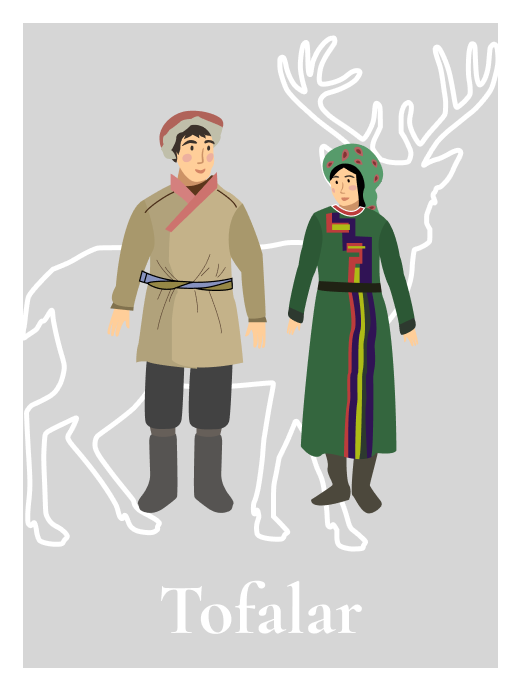
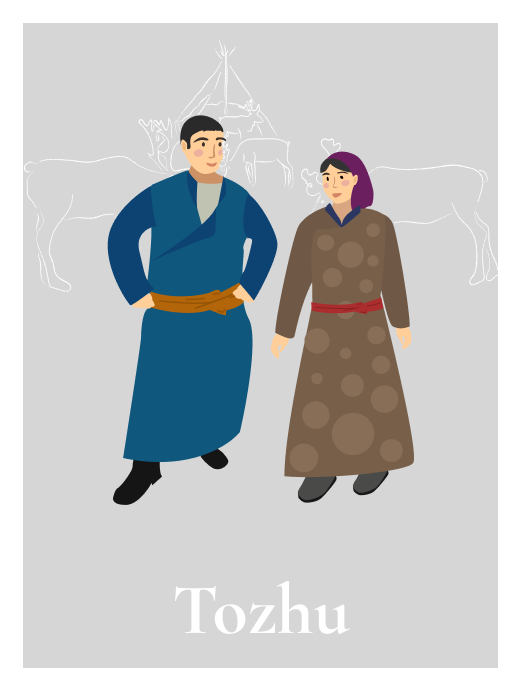
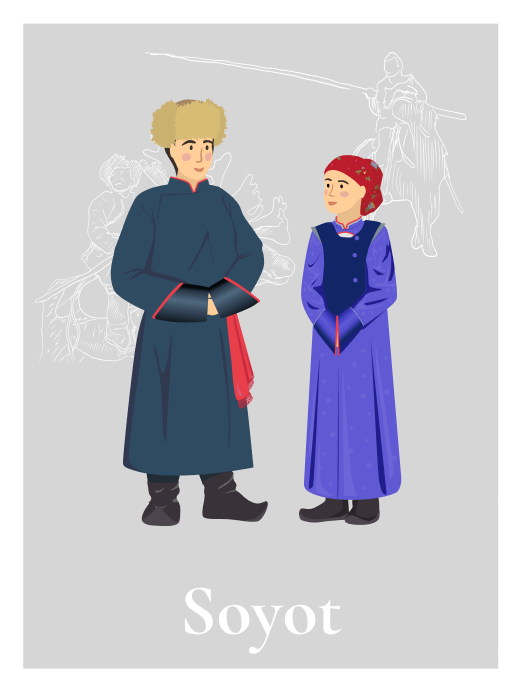
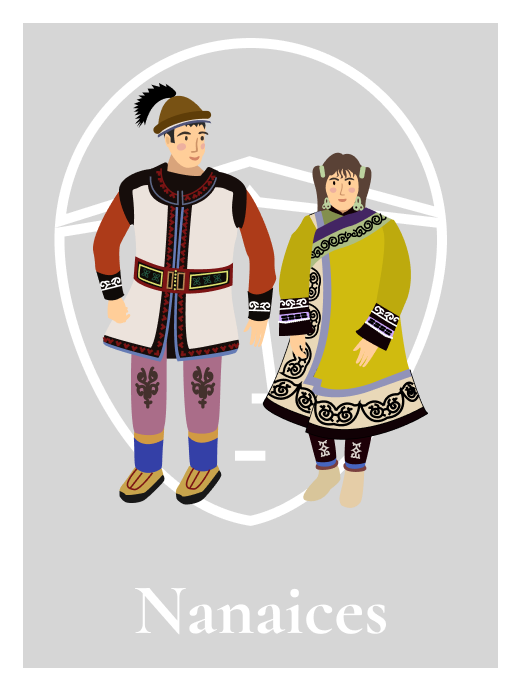
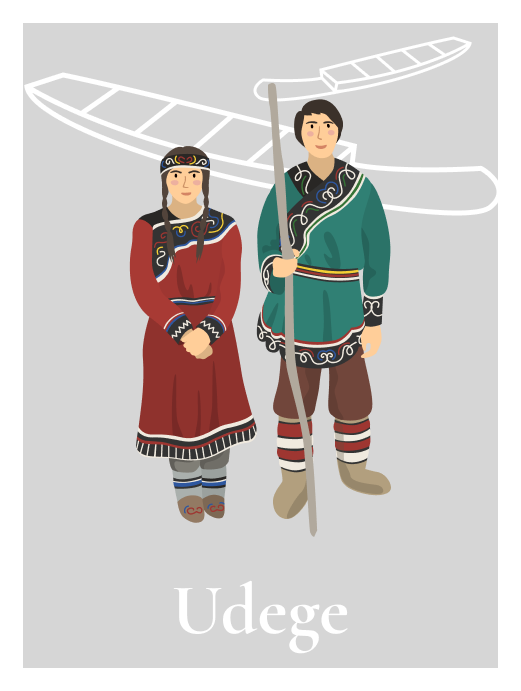
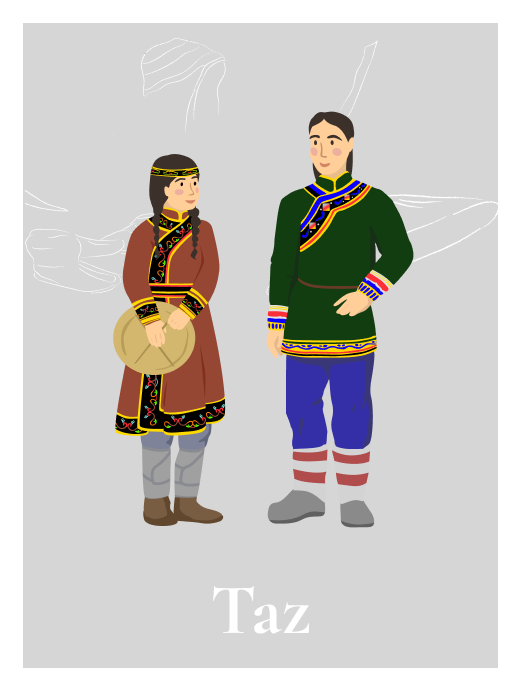
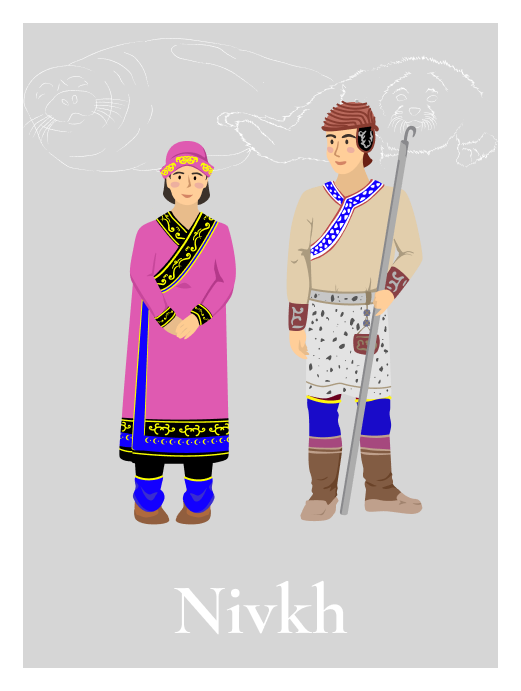
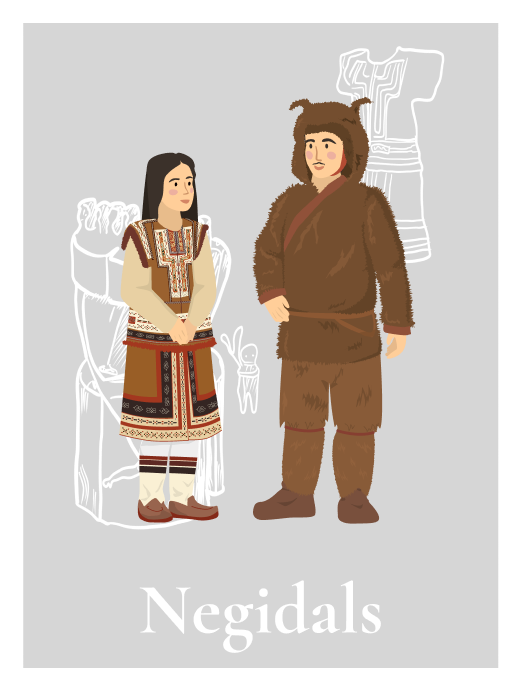
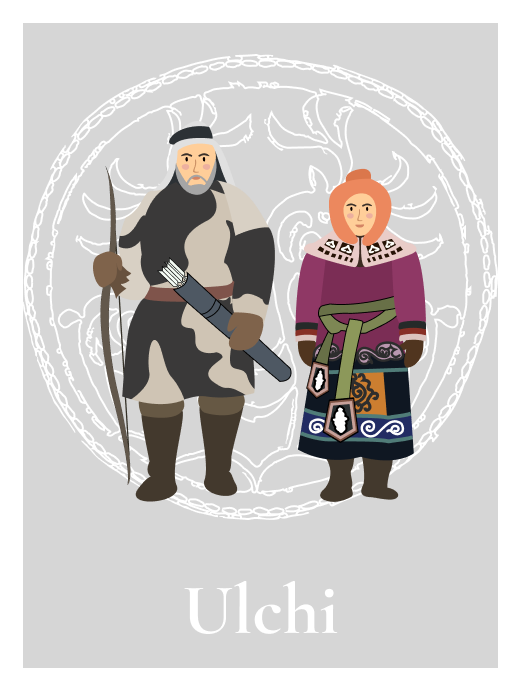
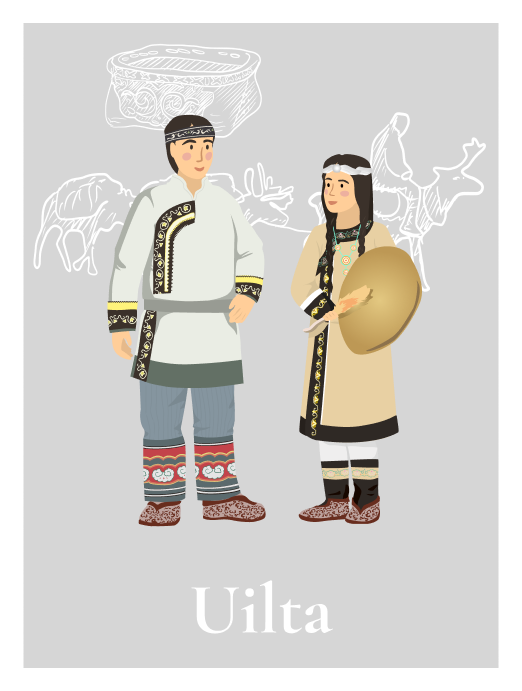
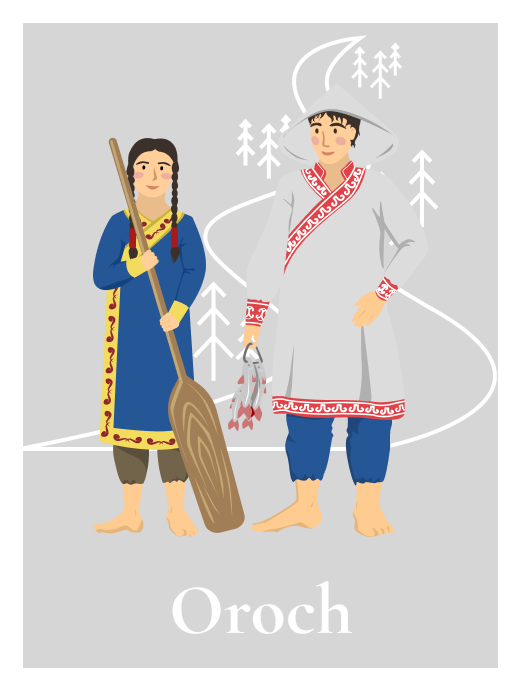
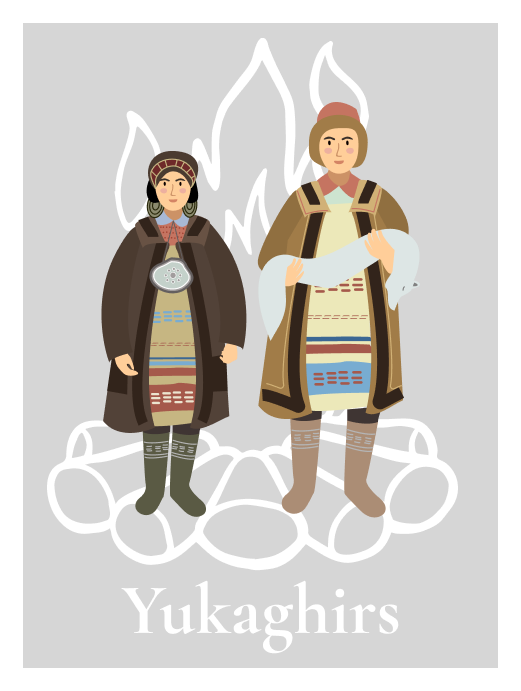
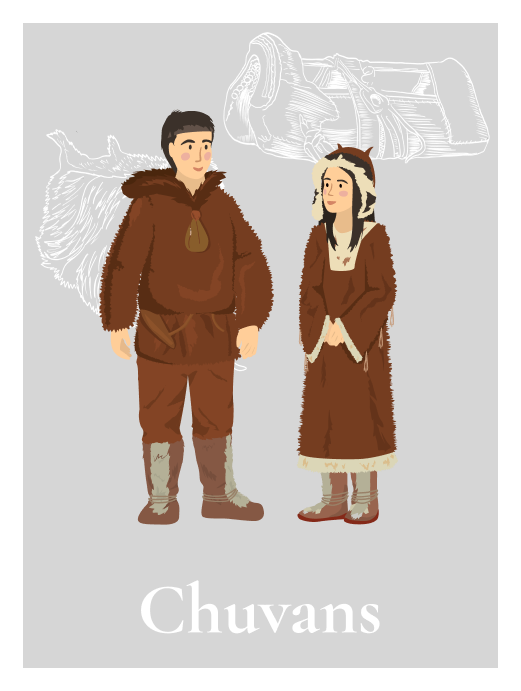
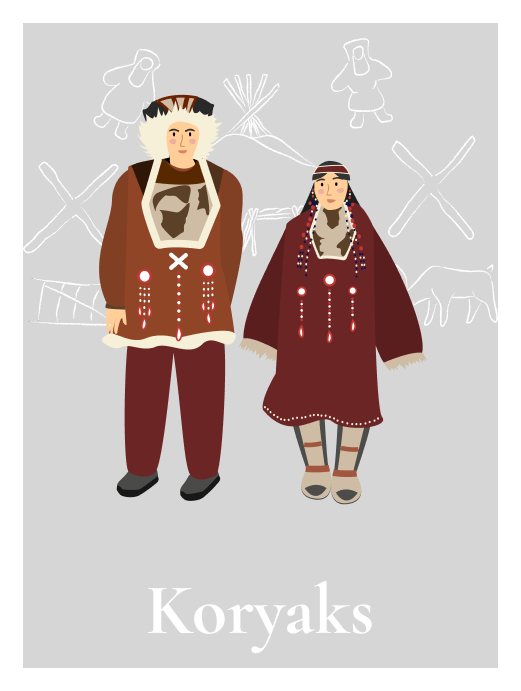
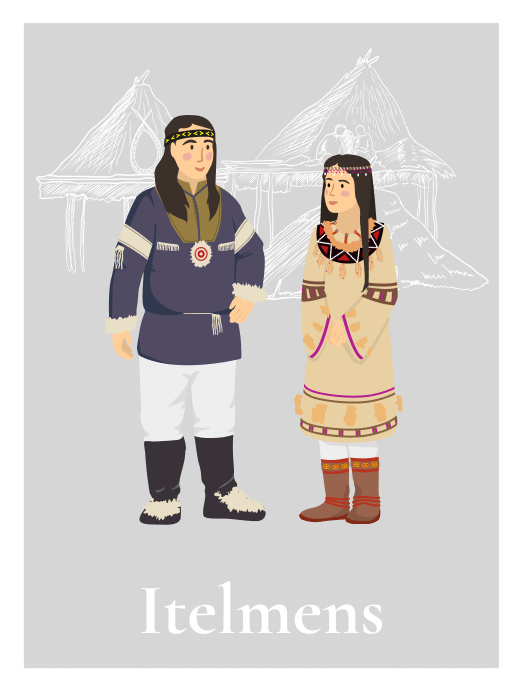
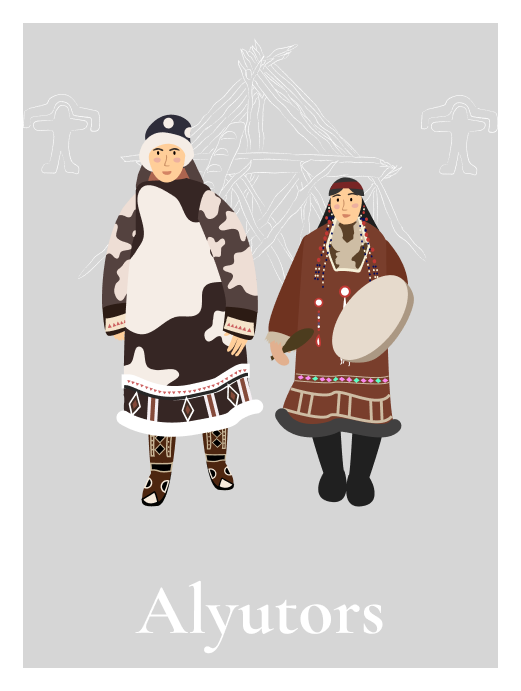
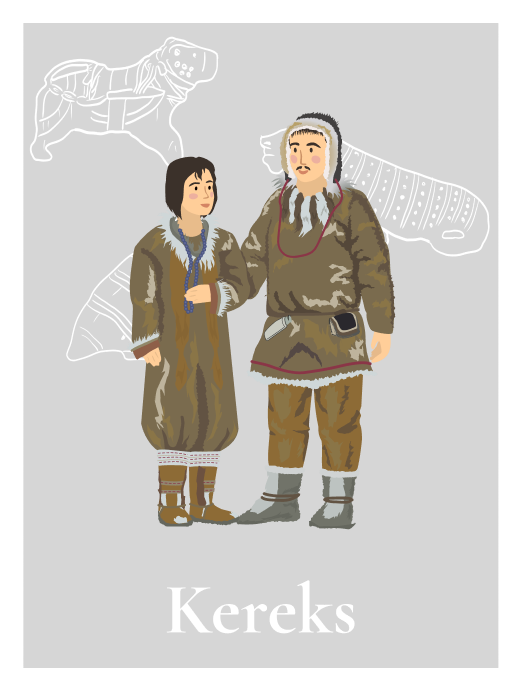
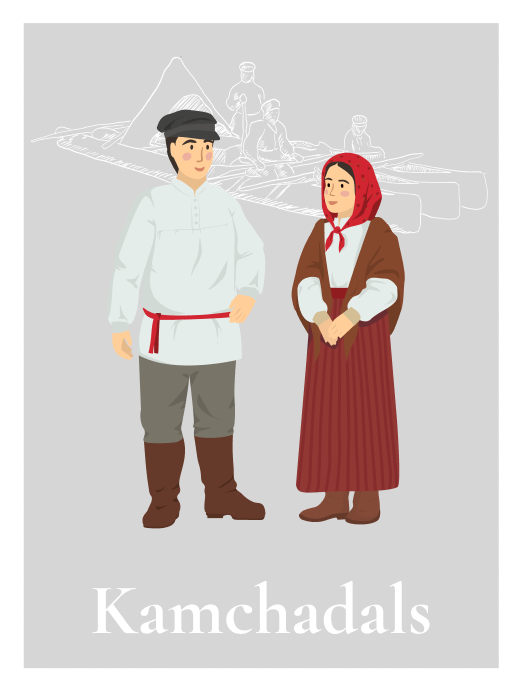
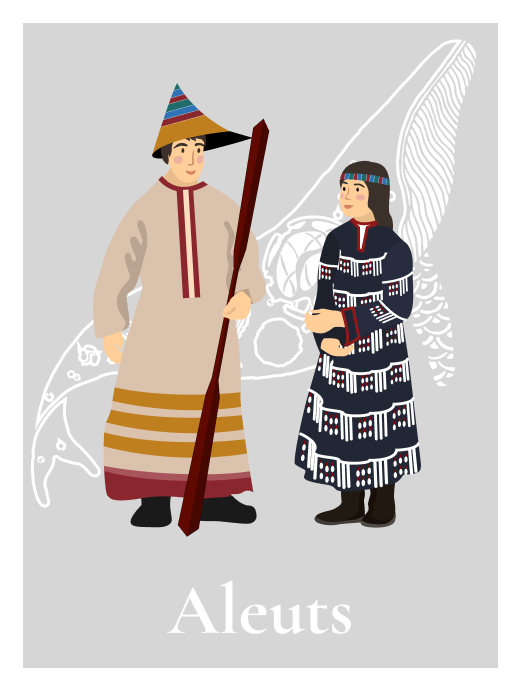
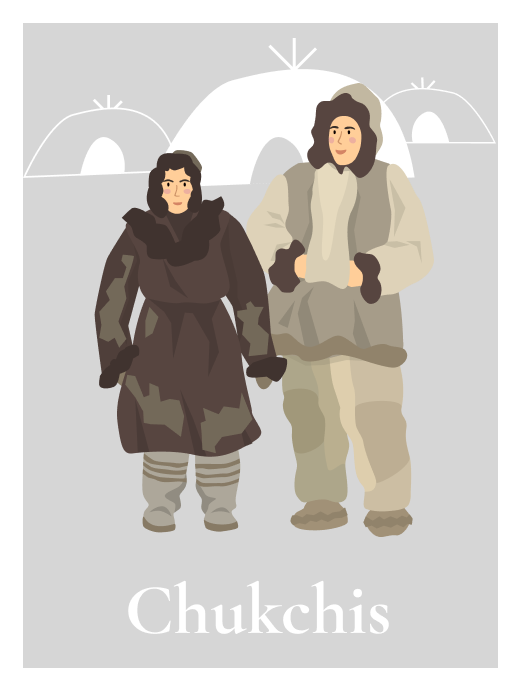
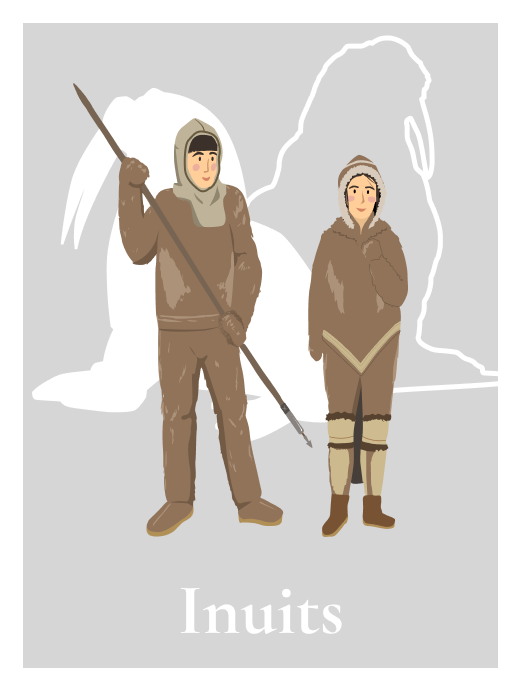
Until the 1930s, the Nanai language was called Goldi after the exoethnonym goldi. Most Nanai call themselves nanai/nani (from nai 'earth man', i.e. local person) or khedenai/hozen (from khede nai 'lower river man', i.e. a person living in the lower reaches of the river Amur). They call their language either nanai/nani or khede/khezhe. The Nanai living in the basins of the Ussuri and Bikin rivers call themselves monai/munei. The origin of this name is not entirely clear.
According to the All-Russian Population Census of 2010, there are 12,003 Nanai living in Russia. Of these, 1,347 people indicated that they speak the Nanai language. It must be borne in mind though that native speakers are fluent in the language to varying degrees: some understand Nanai, but cannot speak it; others know some basic words and can construct simple sentences; only about a quarter (about 300 people) can speak Nanai fluently.
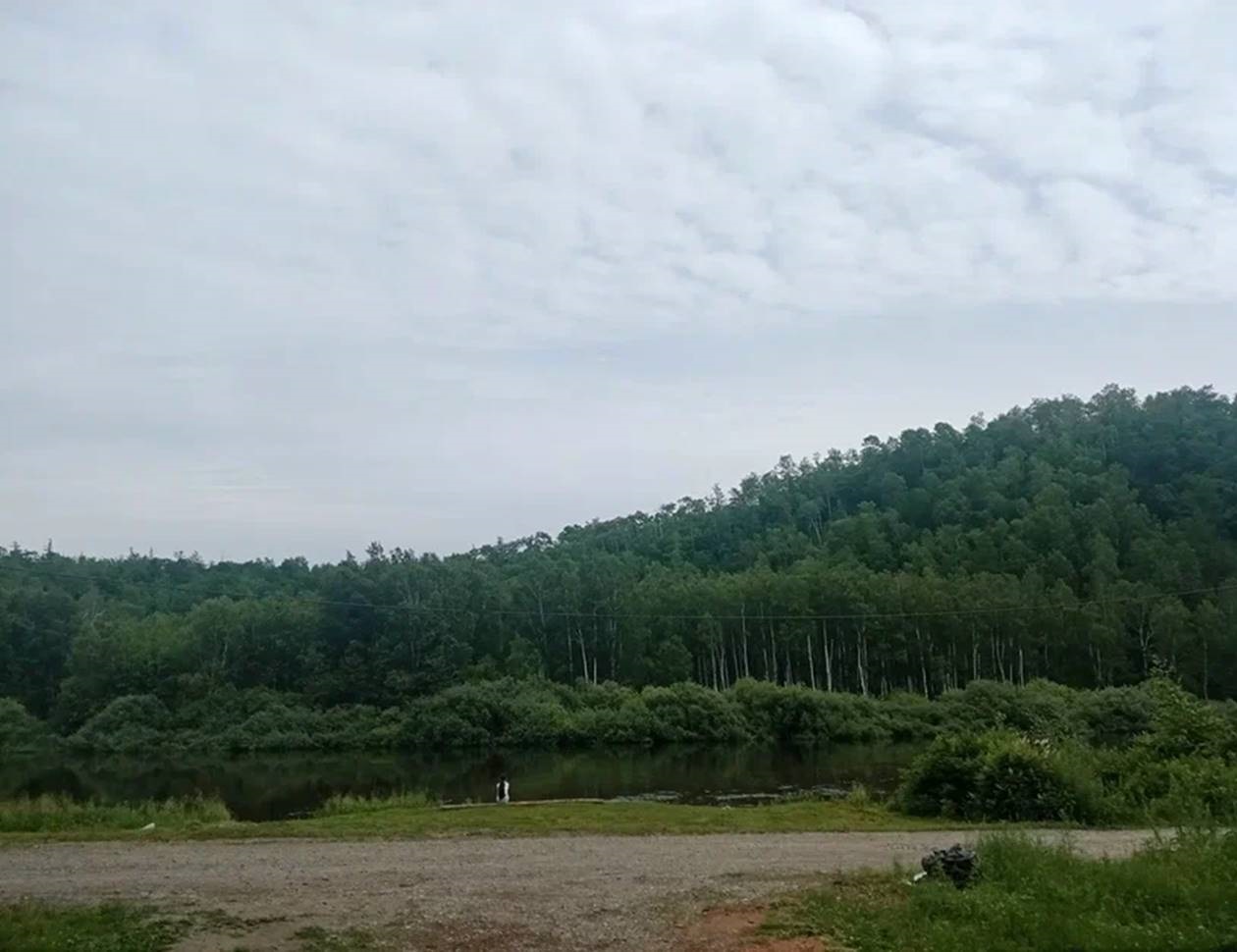
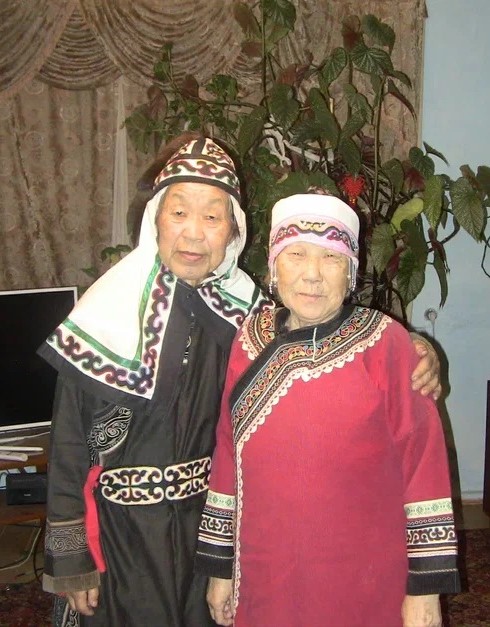
The Nanai language is endangered. All native speakers of Nanai are fluent in Russian and actively use this language. Nanai is occasionally used in everyday communication, mainly by representatives of the older generation. The degree of commonality of the Nanai language depends on the village and its ethnic homogeneity (in general, the higher the proportion of the Nanai in a settlement, the better the state of preservation of the language).